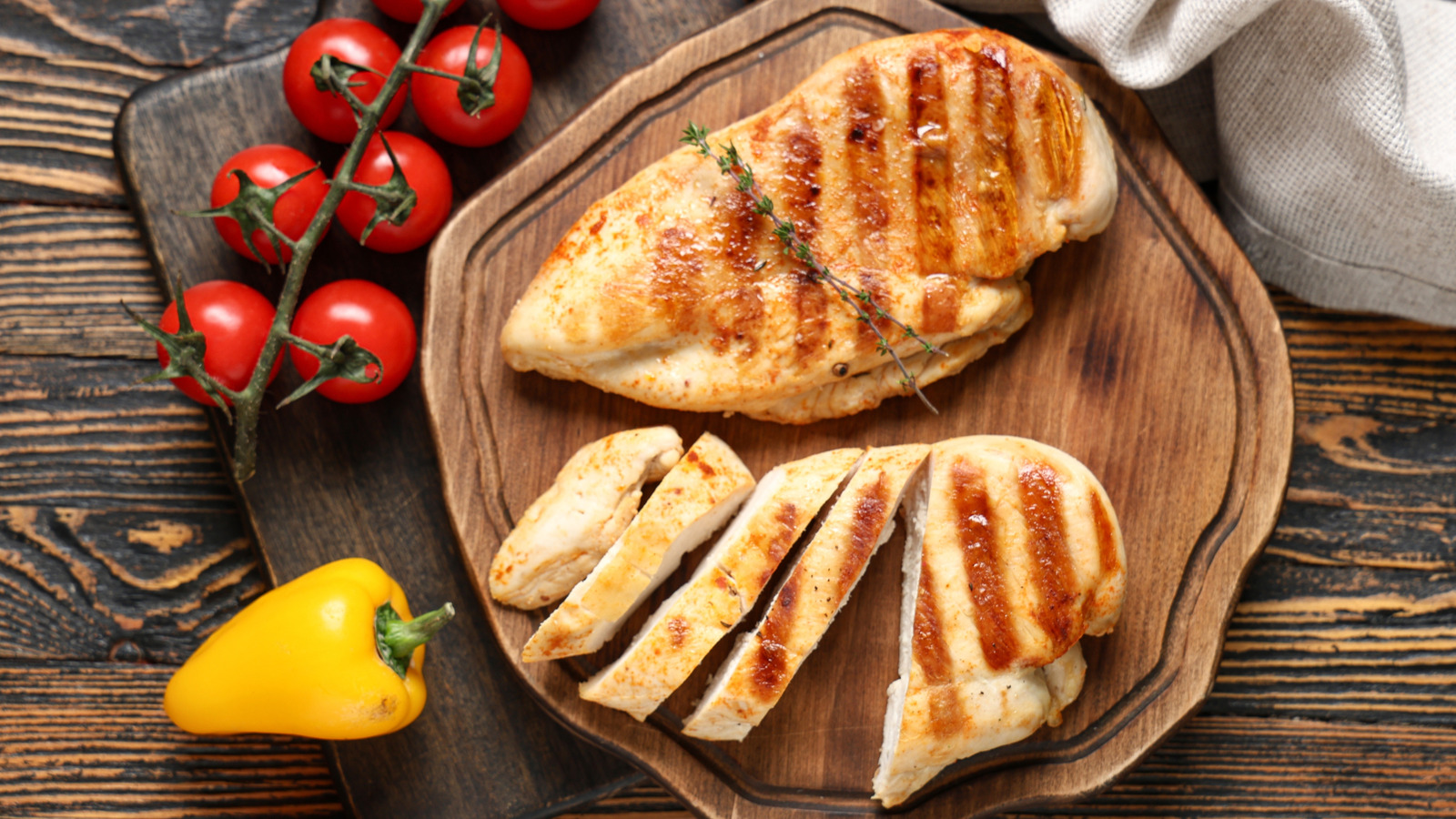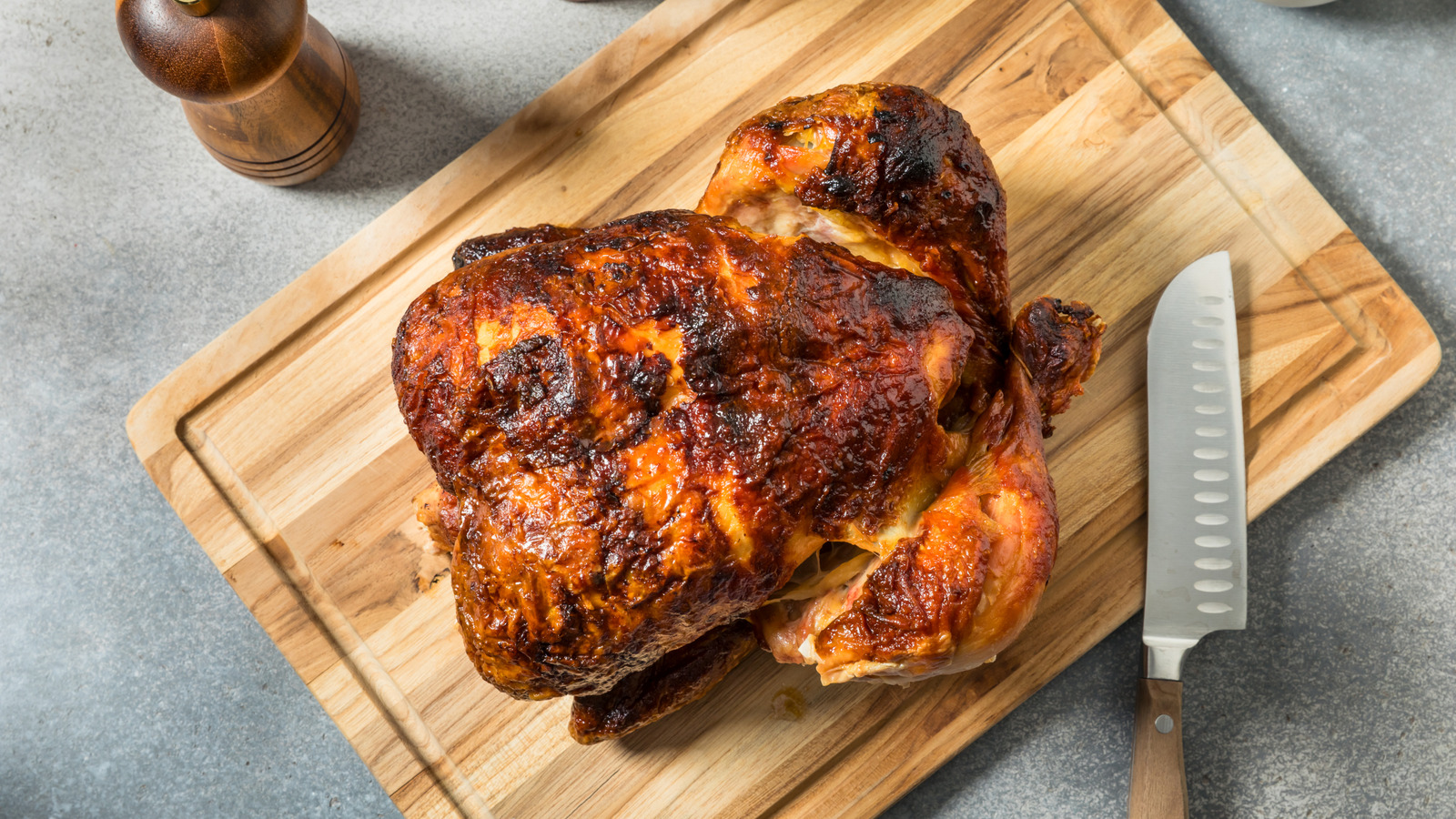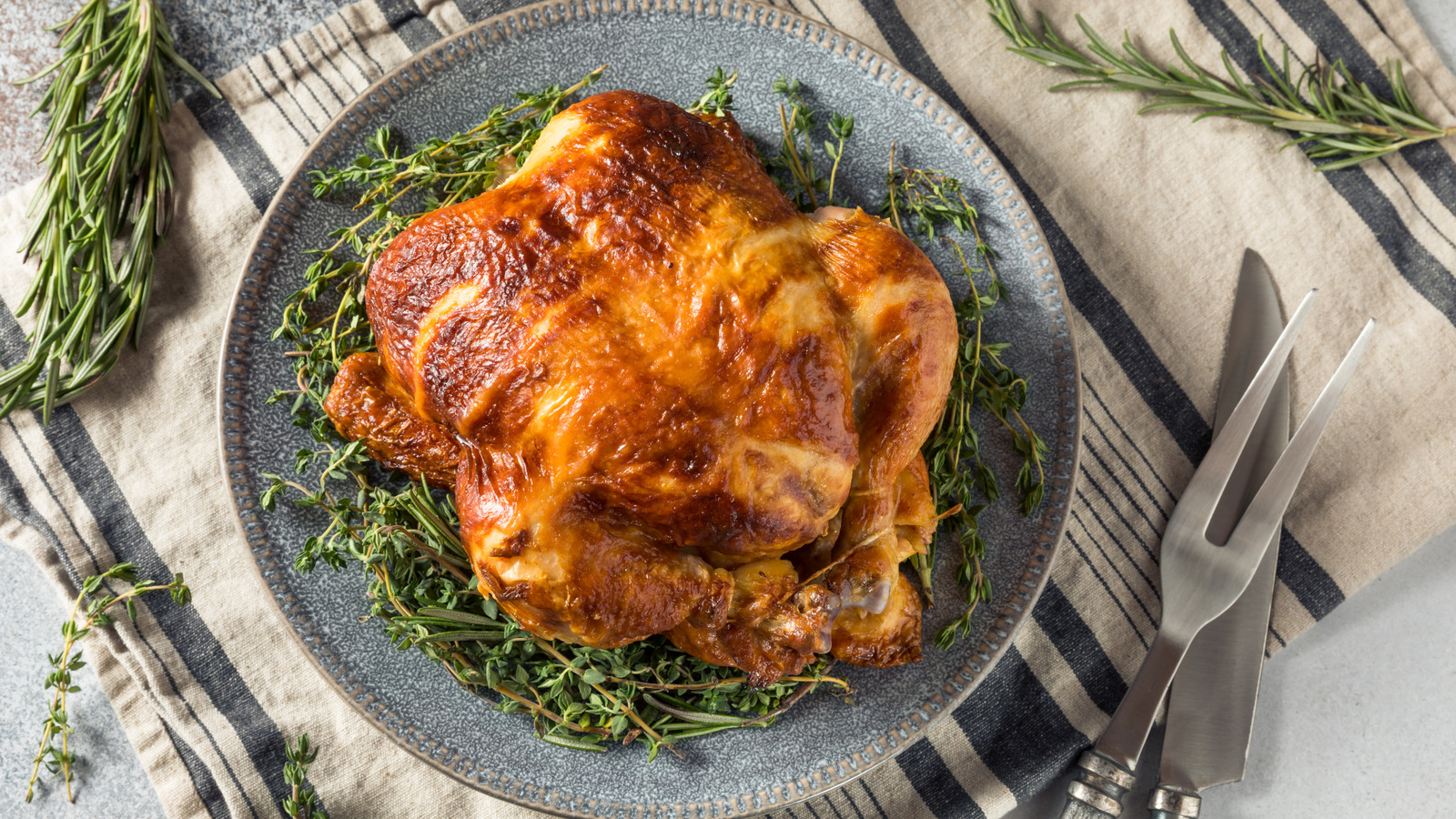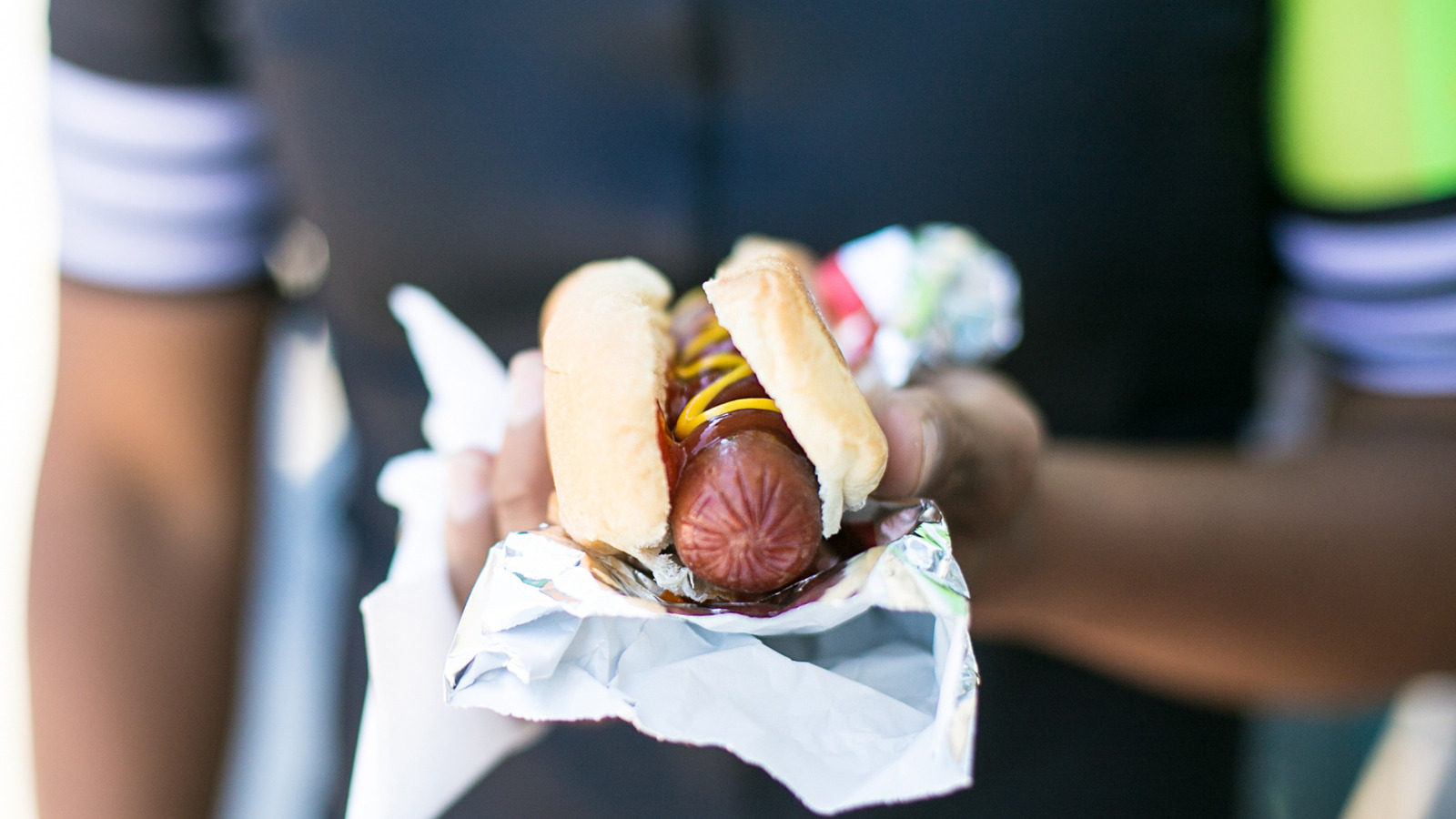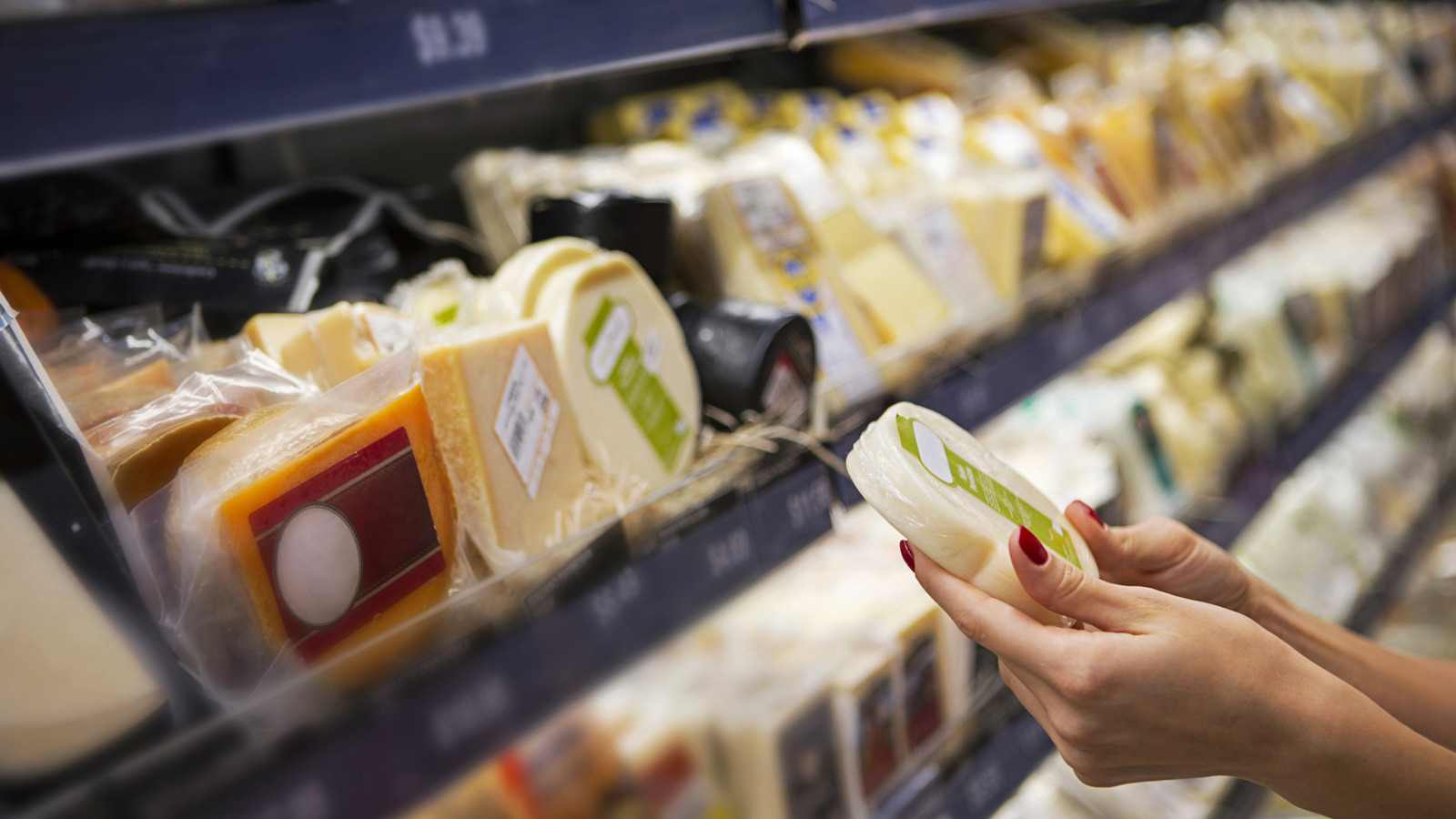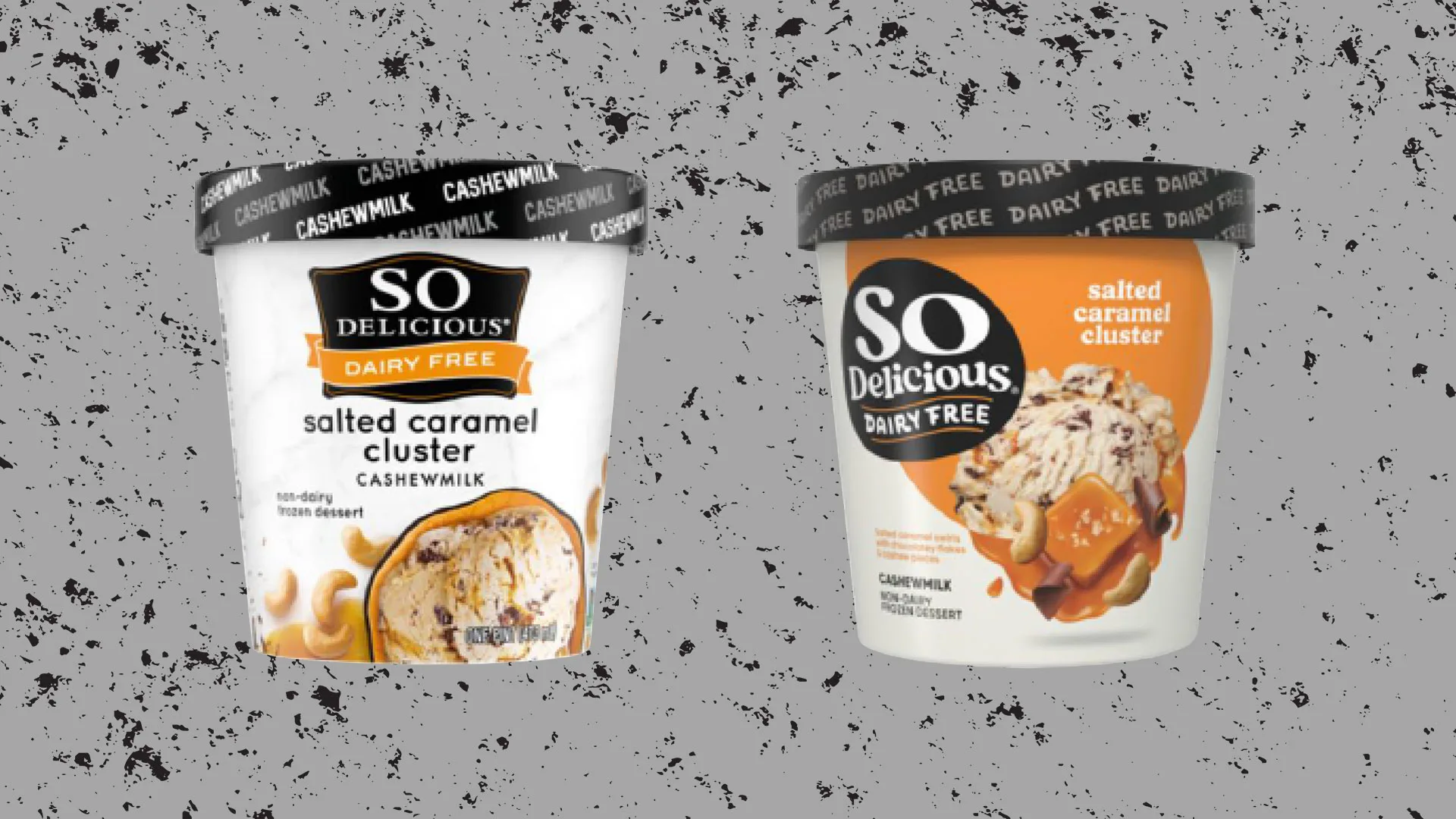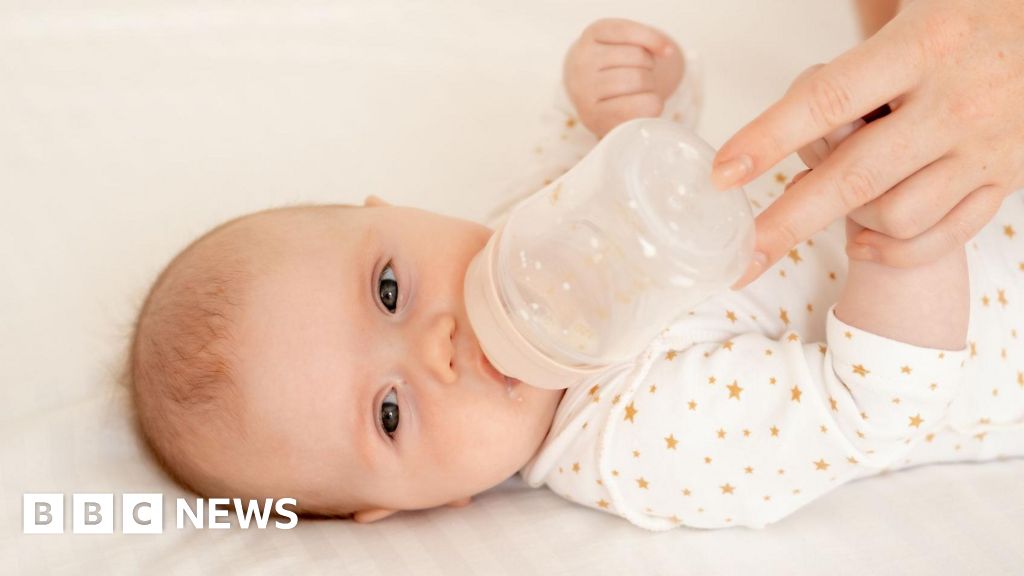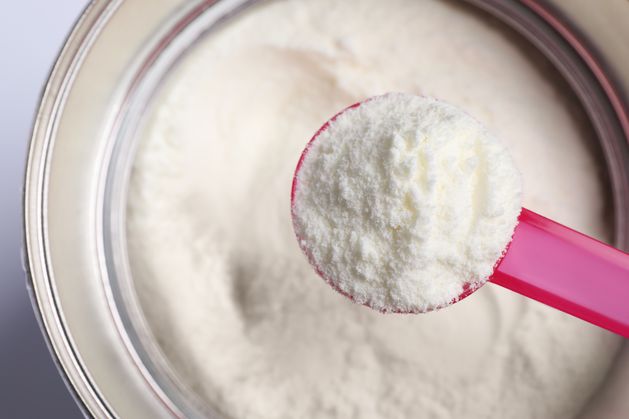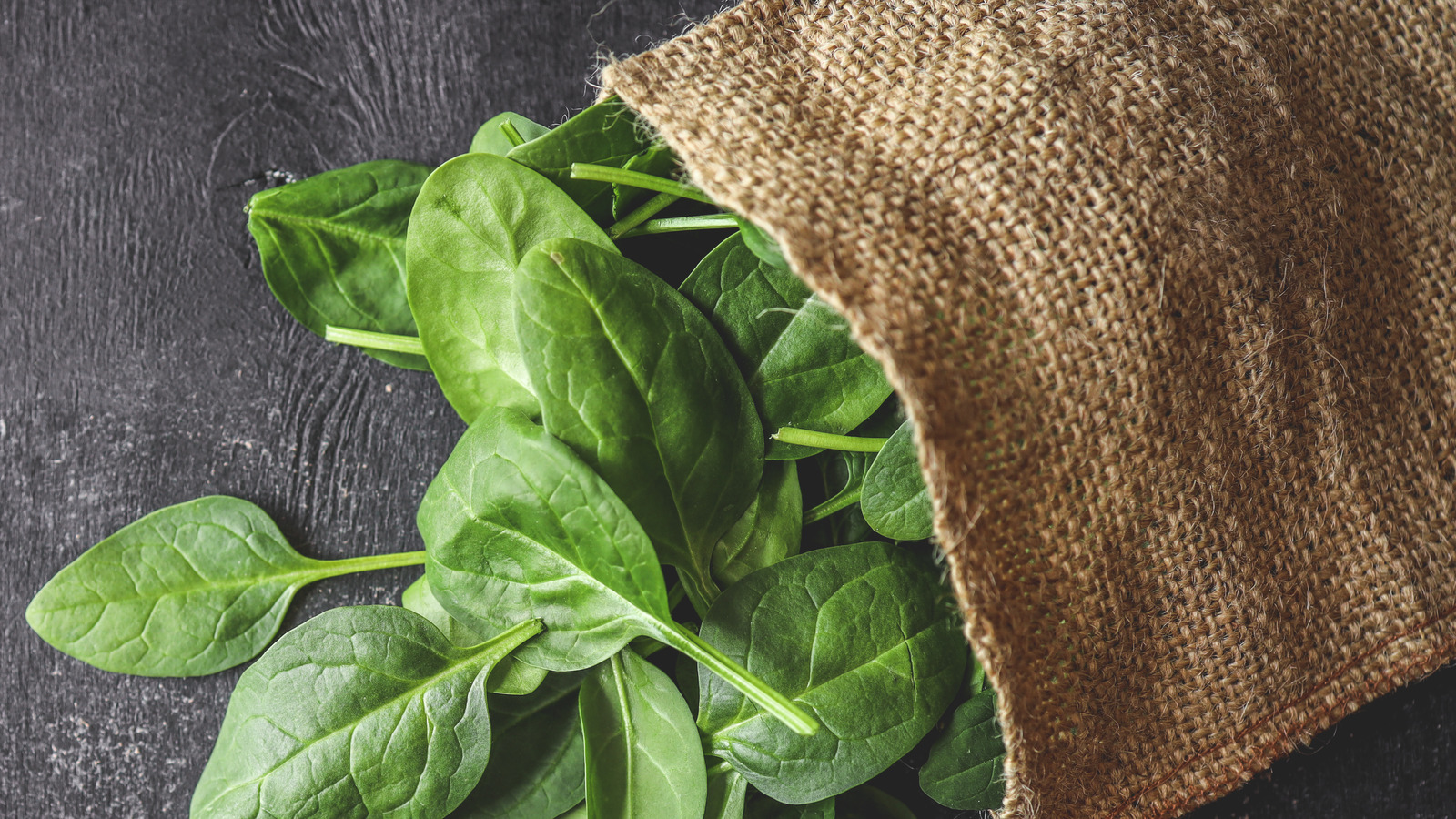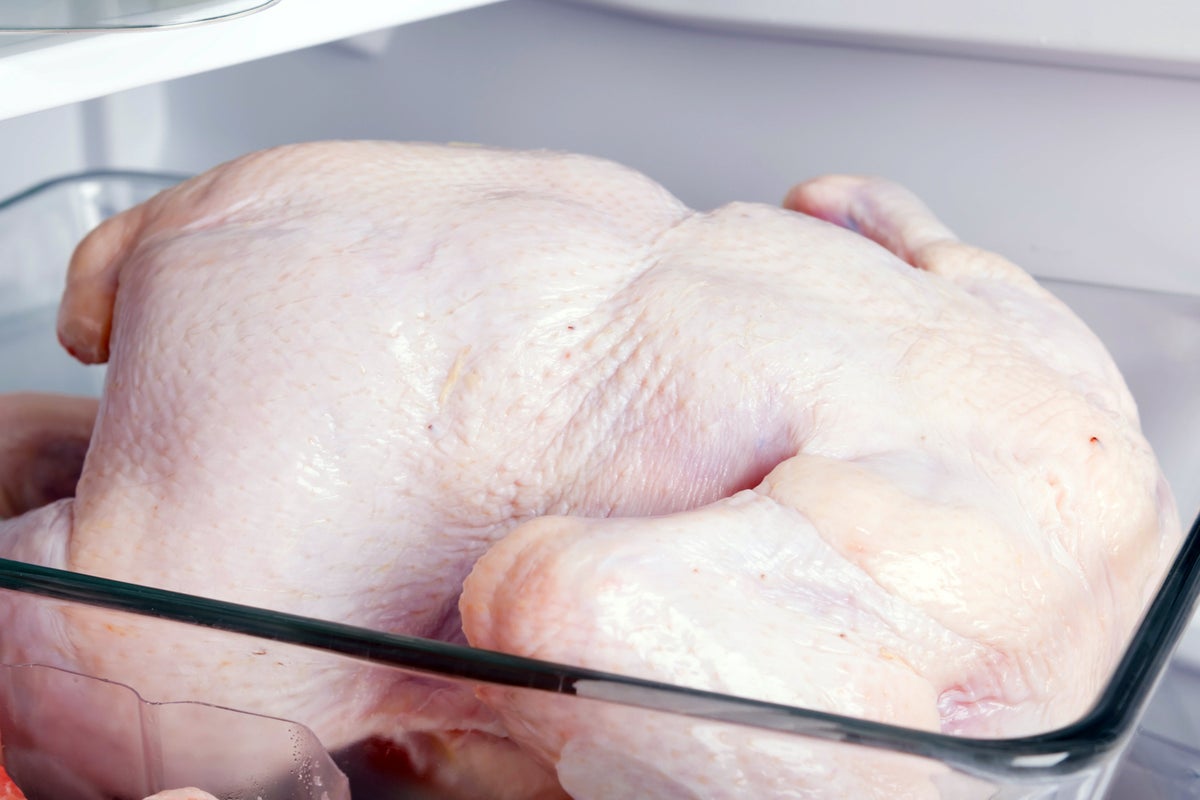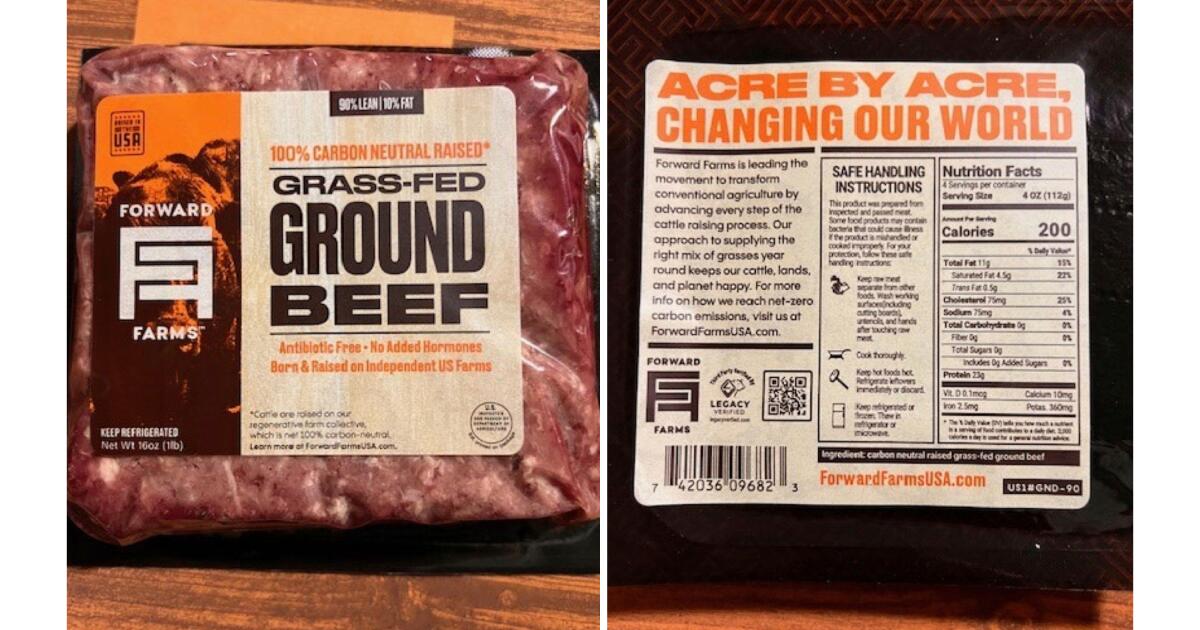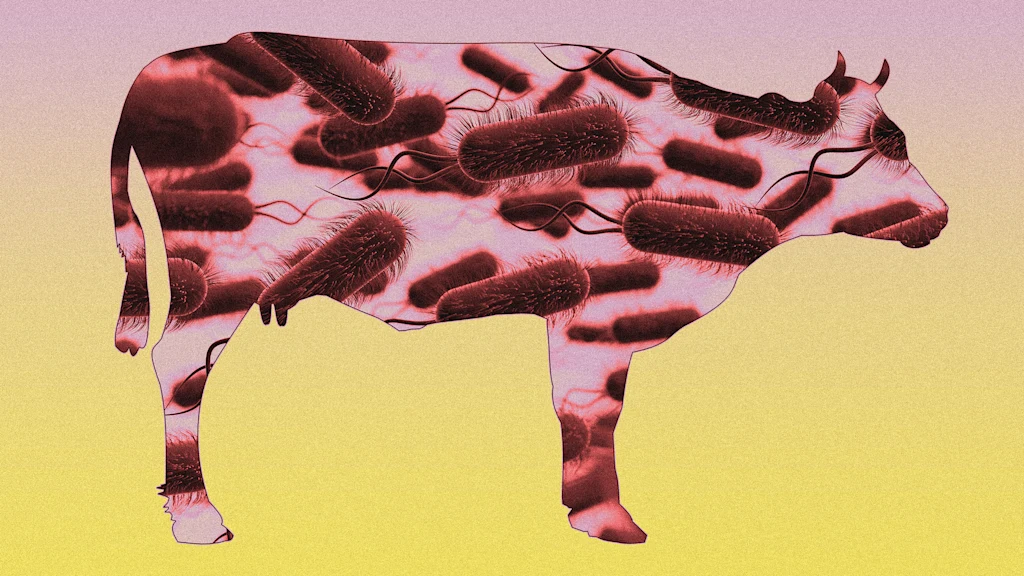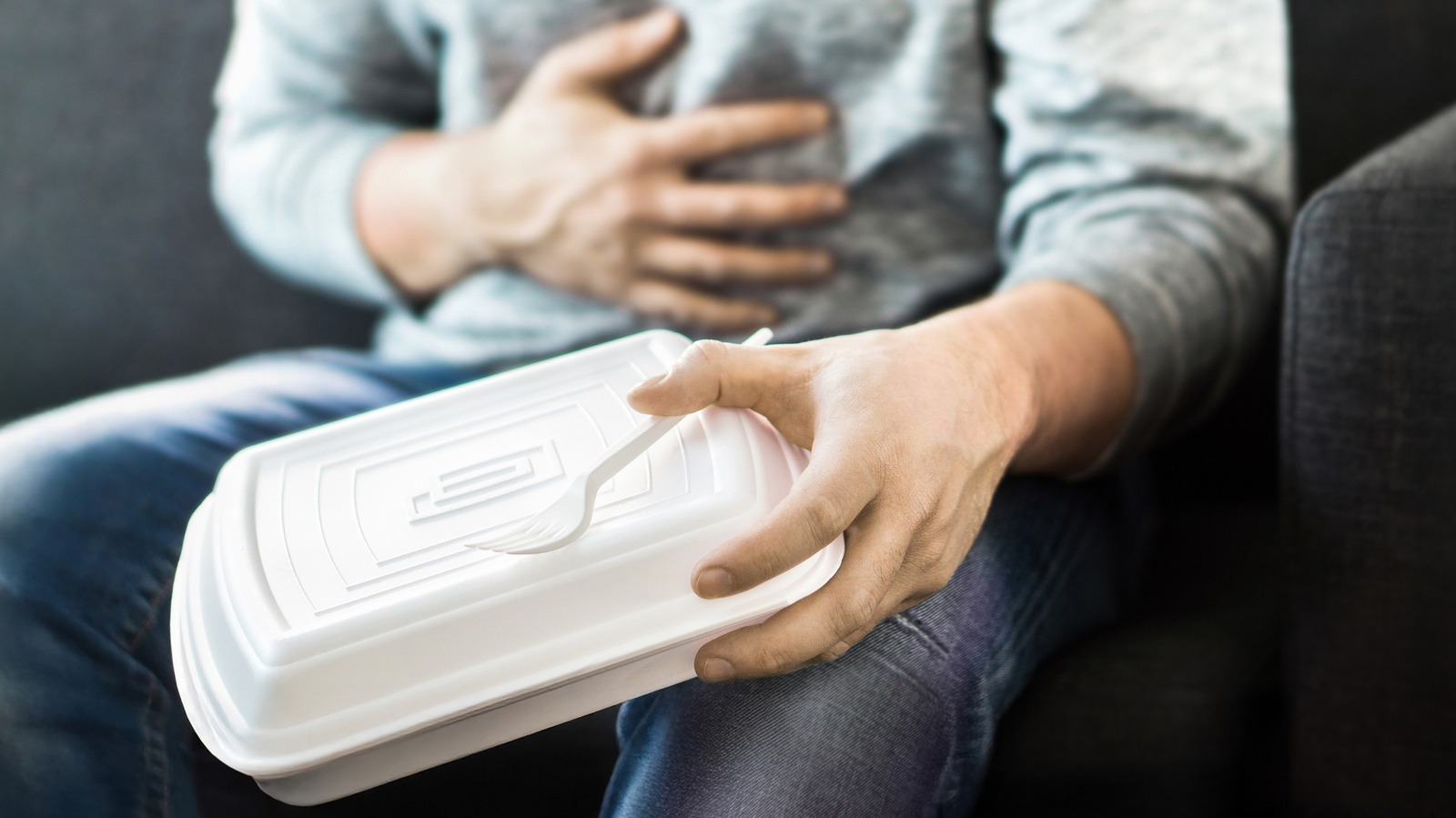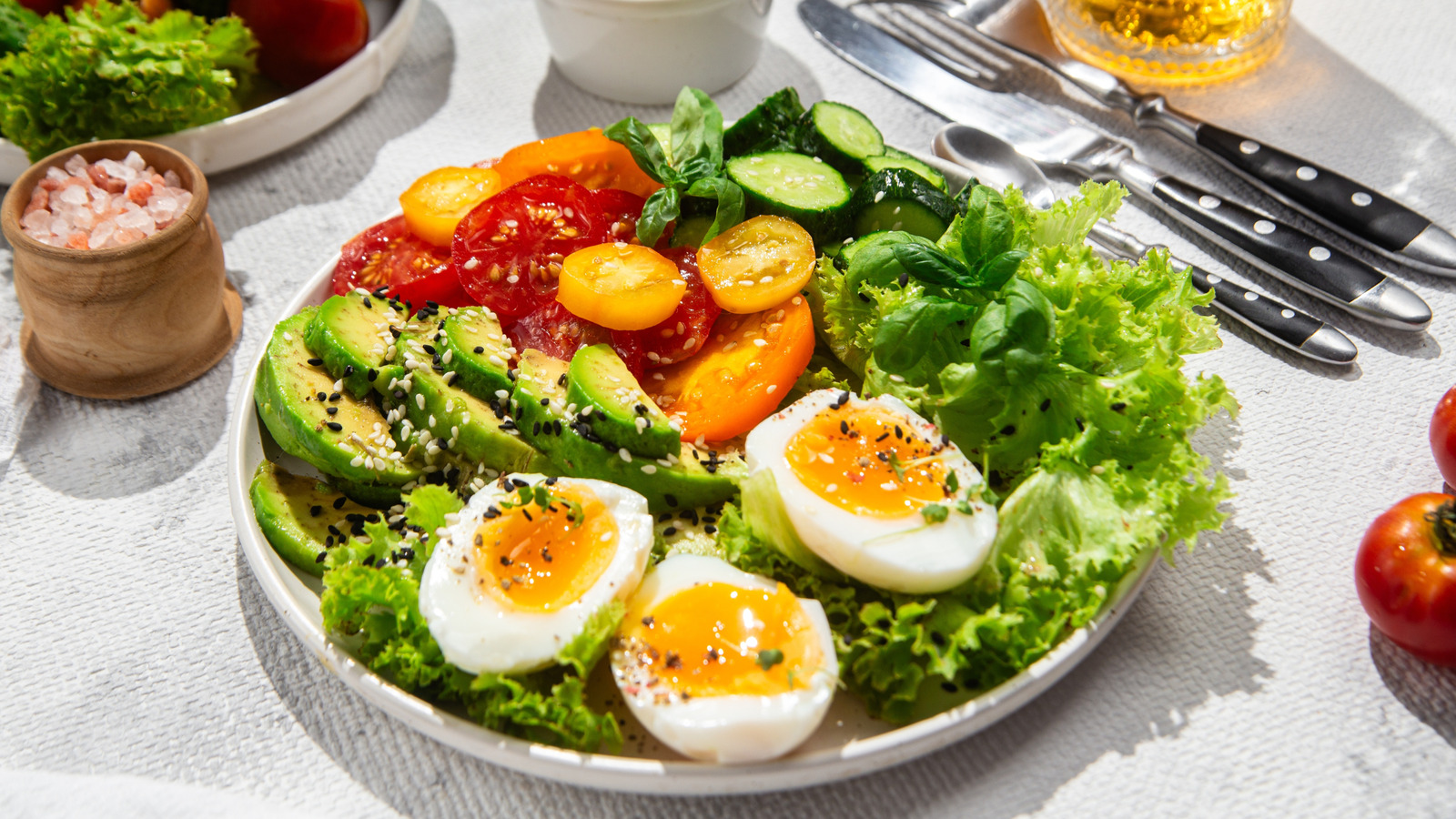#food-safety
#food-safety
[ follow ]
#product-recall #infant-formula #cereulide-toxin #journalism-funding #refrigeration #infant-formula-recall
fromTasting Table
12 hours agoI Shop At Trader Joe's Every Week. Here's What's Never In My Cart - Tasting Table
I've been shopping on a budget since I got my first job when I was 14, and I have my weekly grocery shopping routine down to a science at this point. Because I'm always trying to save money, I usually go to two or three stores to make sure I'm getting the best deals on my weekly pantry staples. But the one store I look forward to visiting each week is Trader Joe's.
Cooking
fromFast Company
4 days agoShould you eat snow cream? Opinions differ on the social-media-fueled winter confection
First snow of the year means SNOW CREAM," "This is literally my childhood," "Ohhhh girlfriend you're not supposed to make snow cream with the first snow of the season," "Hey so I saw an under the microscope of snow and I'd just put that back on the ground.
Food & drink
fromTasting Table
1 week agoAvoid Ordering The Seafood Carbonara At Restaurants, Trust Us - Tasting Table
Classic carbonara receives a coastal makeover in an entree that combines noodles and a sauce of egg yolk, hard cheese, and black pepper with seafood such as shrimp, scallops, mussels, or clams. It may draw you in with its creaminess and maritime promises, but you'll want to resist the urge. It's a dish that's blacklisted even by top seafood chefs themselves.
Food & drink
fromComputerWeekly.com
1 week agoRestaurant industry gets taste for IoT | Computer Weekly
IoT tech is seeing increased use and paying dividends, fuelling operational efficiency, improving front-of-house guest experiences and reducing downtime in the kitchen, according to research from MachineQ. The 2026 restaurant readiness: ops meets tech report, conducted by independent research firm Censuswide, took the opinion of more than 400 US-based quick service and fast casual restaurant leaders about the effects of technology in their industry, highlighting how technology adoption is transforming day-to-day restaurant operations.
Food & drink
fromTasting Table
1 week agoThe Moisture Mistake That's Keeping Your Roast Chicken From Getting Crispy - Tasting Table
If you want that perfectly crispy, golden skin on a roast chicken, you've gotta make sure the bird is bone-dry before it ever hits the oven," he says. He explains that failing to remove extra surface moisture from the bird will cause it to turn to steam in the oven - which is the last thing you want when you're trying to get crackly skin.
Cooking
Gadgets
fromLondon Business News | Londonlovesbusiness.com
1 week agoUsing instant read thermometers for better meal prep - London Business News | Londonlovesbusiness.com
An instant-read meat thermometer delivers fast, accurate internal temperature readings to ensure safe, consistent, and perfectly cooked meats and other foods.
fromTasting Table
1 week agoThe Easiest Way To Prevent Gross Fridge Odor From Happening After Your Power Goes Out - Tasting Table
Loading your fridge with frozen ice packs ahead of time can help keep it cool if the power shuts down, and grouping cold food together can help it stay cool even as the temperature warms. It also helps to have a separate cooler ready to move any perishable items into during a prolonged outage. But no matter how else you prepare, you should also stave off odors by using a sponge.
Food & drink
Food & drink
fromTasting Table
2 weeks agoThis Canned Tuna Brand Is Issuing A Recall Over Botulism Concerns - Tasting Table
Genova-labeled canned yellowfin tuna recalled due to potential Clostridium botulinum contamination; affected cans include specific UPCs and best-by dates and should be discarded or returned.
fromTasting Table
2 weeks agoBrown Spots On Baked Potatoes Aren't Necessarily Unsafe - Tasting Table
You really don't need much to make a delicious baked potato - some oil, a little salt, and an oven rack - and the opportunity to make it into a meal is endless. But at the crux of it all, of course, is the potato itself. Even a delicious baking potato can have flaws, and if you notice that yours has some brown spots, there's usually no need to worry.
Cooking
fromTasting Table
2 weeks ago9 Mistakes Everyone Makes With Plastic Wrap - Tasting Table
You probably already know that it's generally not a good idea to expose plastic - like food storage containers, for instance - to high temperatures. After all, it can cause chemicals in the plastic to leach into your food. It probably shouldn't come as a huge surprise, then, that it's also a bad idea to use plastic wrap under very high heat. This is because plastic wrap melts very easily when exposed to high temps,
Everyday cooking
fromTasting Table
2 weeks agoRobert Irvine's Extra Steps For Perfectly Golden-Brown Ribs - Tasting Table
To achieve tender, juicy perfection, chef Irvine's crispy fried pork spare ribs recipe involves wrapping a rack of ribs tightly in plastic wrap, then in aluminum foil after they've been seasoned and have had time to rest before oven cooking. But the plastic! Won't the heat from the oven melt it? In short, no. In a similar rib recipe for Food Network, Chef Irvine specifically notes that at 225 degrees Fahrenheit, the plastic wrap won't get hot enough to melt.
Cooking
fromwww.independent.co.uk
2 weeks agoPopular sweets recalled over unsafe to eat' ingredient with cancer risk warning
Several popular American sweets have been urgently recalled and pulled from UK shelves due to an ingredient that makes them unsafe to eat. The Food Standards Agency (FSA) issued a food alert asking businesses and customers to return certain Jolly Rancher products that contain mineral oil aromatic hydrocarbons (MOAH) and mineral oil saturated hydrocarbons (MOSH). Mineral oil is not allowed in food in the UK, with the FSA warning it can pose a food safety risk if consumed regularly over a sustained period of time.
US politics
fromLondon Business News | Londonlovesbusiness.com
2 weeks agoFood safety and compliance: How smart refrigeration protects your business - London Business News | Londonlovesbusiness.com
Refrigeration is one of the most important elements of a successful food safety program, regardless of whether you run a retail operation, catering service or restaurant. Smart refrigeration technologies allow for greater protection against spoilage, reduced time spent monitoring refrigerators/freezers and the ability to provide inspections without the need for manual monitoring. Keep reading to find out how smart refrigeration technology works, and the ways in which it protects your business.
Food & drink
fromwww.theguardian.com
2 weeks agoTwo-star Michelin restaurant in Wales handed one-star hygiene rating
I'm buying sashimi-grade fish from Japan and they're questioning, Well, we don't know the water, so how do we know it's sashimi grade?' Well, it is sashimi grade, this stuff's eaten raw all over the world and, just because our rules don't fit their rules, they're questioning it I've got a salt chamber for ageing fish but they obviously don't like the idea of ageing stuff.
Food & drink
fromTasting Table
3 weeks agoHow Long You Can Safely Soak Dirty Dishes Before Germs Take Over - Tasting Table
Actually, no. It's best not to let dishes soak for more than an hour or two; and if the dishes have dairy, eggs, or meat, that should be more like 30 to 60 minutes. Edmund "Ed" McCormick, food science and formulation consultant and CEO of Cape Crystal Brands told our sister site, Chowhound, ""It only takes minutes for the dissolved nutrients of the submerged food to break down, releasing carbs, proteins, and lipids, which comprise a bacteria diet.""
Food & drink
US politics
fromFortune
3 weeks agoTrump's former surgeon general: One year in, the war on vaccination is undoing the Trump administration's health agenda | Fortune
RFK Jr.’s health policies improved food safety but undermined vaccine confidence by replacing experts, rescinding recommendations, and canceling mRNA contracts.
Food & drink
fromIrish Independent
4 weeks agoNestle recall baby formula products over food-poisoning threat in 'precautionary measure'
Recalled infant formulas may contain cereulide produced by Bacillus cereus; avoid recalled products because the toxin is heat-resistant and causes nausea and severe vomiting.
fromTasting Table
4 weeks agoWhich Types Of Fish Have Edible Bones? - Tasting Table
Commonly canned fish, like salmon, sardines, anchovies, and mackerel all contain little bones that are safe, even enjoyable, to eat. During the canning process, the fish is pressure-cooked at high temperatures, which softens the bones to the point that they become tender and brittle. In canned salmon, the pale vertebrae often flake apart easily and are rich in calcium. Sardine and anchovy bones are even smaller and usually go unnoticed, disintegrating with mastication.
Cooking
fromTasting Table
1 month ago10 Chain Restaurants With The Best Salad Bars - Tasting Table
When you want something light, refreshing, and packed with nutrients, you might be craving a visit to a salad bar. It gives you the chance to customize your plate, choosing from a variety of fresh fruit and vegetables. And a lot of salad bars offer more than just greens, often featuring pasta, rice, cold cuts, eggs, and more. In fact, at many restaurants, you could easily eat a whole satisfying and delicious meal straight from the salad bar.
Food & drink
fromBuzzFeed
1 month agoI Asked Experts If It's Safe To Eat Your Gingerbread House - Here's What They Said
Nothing beats the whimsy of a beautiful gingerbread house. Yet, these decorations raise an important debate. Should we be eating our meticulously crafted creations? Or keeping them for show? There's a definite "point of no return," but I've been eyeballing my own masterpiece, and cannot decide when that is. According to the USDA, cookies can last up to three weeks at room temperature. Frustratingly, though, I can't find any gingerbread-specific guidance.
Cooking
fromTasting Table
1 month agoThe Reason Behind Raw Milk Bans In Many Countries - Tasting Table
Where raw milk is concerned, the issue is not one of product branding but one of consumer safety, as raw milk isn't pasteurized. Pasteurization kills harmful bacteria that can cause food-borne illness, including Campylobacter, E. coli, Listeria, and Salmonella. During the pasteurization process, milk is heated to a temperature high enough to neutralize dangerous pathogens and held at that temperature long enough to get the job done
Food & drink
Food & drink
fromTasting Table
1 month agoWhy Seafood Spoils So Fast (And How To Keep Yours Safe And Fresh Longer) - Tasting Table
Seafood spoils faster than land meats due to higher moisture, enzymes, fat, and cold-adapted bacteria; keep seafood very cold and store on ice to extend freshness and safety.
UK politics
fromwww.theguardian.com
1 month agoWhen my father first came to the UK, people bonded and looked after him. Would that happen now? | Nell Frizzell
A newly arrived immigrant roasted poisonous horse chestnuts by mistake, showing newcomers' vulnerability and the need for friends, shelter, community, and humane migration policies.
fromTasting Table
1 month agoWatch Out For These 7 Red Flags When Buying Fish And Seafood - Tasting Table
When it first reaches you, the idea of seafood is one of cleanliness. Maybe it's the associated freshness of the ocean, or its reputation as a healthy food. However, underneath upscale presentations or coastal dreaming, there is a complex and opaque part of the global food system at work, and it's not always at the front of mind when shopping for fish and seafood.
Food & drink
fromTasting Table
1 month agoThis Tiny Steakhouse Chain Manages To Disappoint At Every Location - Tasting Table
Nobody's perfect, and that's as true for restaurants as it is for people. Google your favorite restaurant right now and odds are you will find at least one review so negative it makes you wonder if the reviewer visited the same restaurant. Every restaurant gets bad reviews now and then, but something appears to be wrong at Sirloin Stockade, the eight-location steakhouse buffet that is routinely criticized for the same issues across four states.
Dining
fromBusiness Matters
1 month agoHigh-Purity IBC Containers: Essential for Food Safety and Chemical Exports
Regulations are becoming stricter, customers expect the highest quality, and even small mistakes can have serious consequences, from product recalls to delivery delays. Transporting liquids or powdered substances requires particular care, as contamination at any point can create major problems. A solution that has proven effective in practice is the use of certified ibc containers.
Food & drink
[ Load more ]

